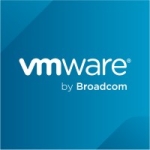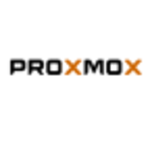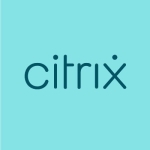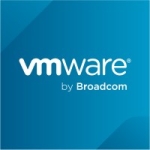The solution is primarily used for server virtualization. We have opportunities that we want to learn from. For our customers, we recommend this product. We have Oracle databases or Oracle, Linux, or Red Hat Linux to run it on a virtual machine, and Oracle VM fits perfectly into that.
The most valuable aspect of the solution is the resource management from the OVM Manager. It makes document management very smooth. The performance is excellent.
I'm still evaluating the product and getting to know it.
The only thing I'm finding is that the backup software, which is supporting Oracle's virtualization platform, needs improvement. We're struggling to get a solution that will support my Oracle virtualization environment for backup purposes. I just found one on the internet. I was trying to reach out to that team now, to see how best we can use it. However, if Oracle had a solution to this, that would be ideal.
You need to have a model for documentation available for the users. Right now, if you have to search for some troubleshooting, you need to have Oracle login. Many personnel might not have that login. The reach, the availability of information to the end-user, is not there.
There are some articles that are publicly available, but there are some important documents that are not available to the public. You need to subscribe, or you need to have a licensed copy, some subscription with the product.
Any product, at the end of the day, needs support. When the support or the knowledge base or the information is not available or the documentation is not available for any of this, for the person who is implementing this, it's very difficult for them to get used to this product. They will simply move to another product.
I've been using the solution for two or three months now.
The solution certainly is stable. We don't seem to suffer from bugs or glitches. It doesn't crash or freeze. It's reliable.
The solution is very easy to scale.
I've never reached out to technical support, so I can't speak to their level of service. I tend to handle troubleshooting myself.
I have experience with Hyper-V, VMware, and Citrix ZenServers.
The technology is all similar. It's about virtualizing the servers. However, I feel that VMware is much better and much more stable than Oracle VM.
At first, the initial setup was not so straightforward and was rather complex. This is largely due to the fact that we were not aware of the environment and how to use it properly. I believe it will get easier to implement over time.
You need to deploy the server and have the virtualization on top of that. Then you configure and install everything. How long it takes depends on the environment. If it's a small deployment, it may only take about two days. A larger deployment could take as long as six to eight weeks.
I've done a file server deployment, and that only took three days.
You only need one person to deploy the solution.
We are consultants. We assist our customers with implementations.
We're partners with Oracle. We're consultants.
My advice to other potential users is this: nothing is better than planning. It's much in a better way to start a project. That way, you understand how much it is that you need to have or how many servers you require. It seldom matters when you deploy in the virtual environment.
You need to be very hands-on in Linux environments. I come from a Windows background. I am not a Linux user, for the most part. That said, fo this project, I learned Linux.
I'd rate the solution seven out of ten.


















